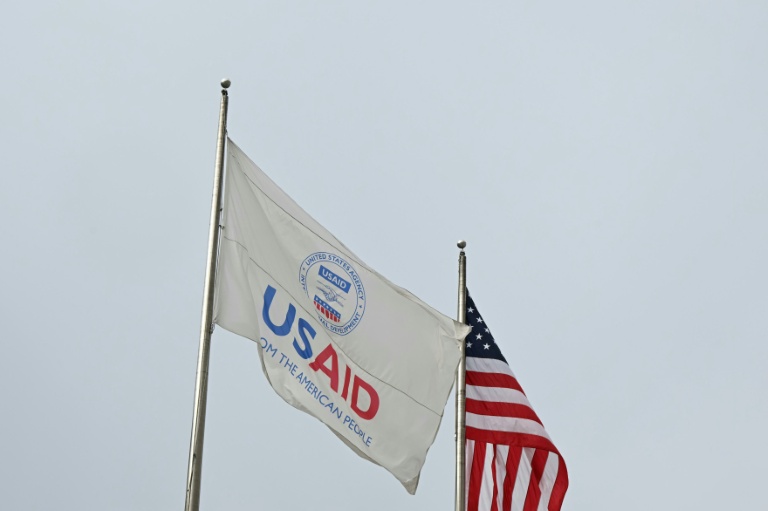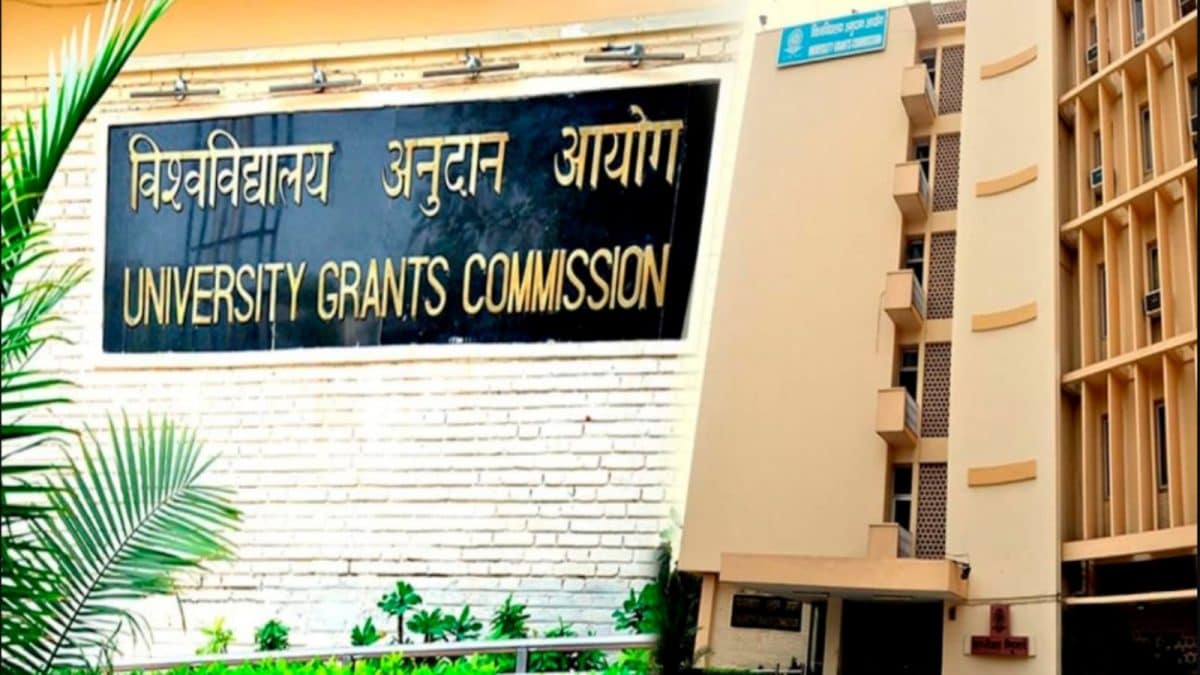Humans of Bombay founder and CEO Karishma Mehta has recently revealed that she froze her eggs at the age of 32. In an Instagram post, she said she got her eggs frozen last month.
“Been meaning to do this for a while and finally got around to it. I froze my eggs at the beginning of the month,” she said in her post detailing her personal and professional “wins”.
Earlier celebrities like producer Ekta Kapoor and actor Mona Singh have spoken about freezing their eggs. Priyanka Chopra, who has a three-year-old daughter with American singer Nick Jonas, shared in 2023 that she froze her eggs in her early 30s.
Egg freezing is increasingly becoming popular among young women in urban India. But what is it? And is it safe?
We will explain.
What is egg freezing?
Egg freezing, or oocyte cryopreservation, refers to women storing their eggs until they are ready for motherhood.
The minimally invasive process includes extracting a woman’s eggs – usually eight to 20, freezing and storing them. When a woman is ready to have a baby, the stored eggs are thawed, fertilised and implanted in her uterus.
As Dr Niti Kautish, director and head of the Department of Obstetrics and Gynaecology at Fortis Escorts Hospital, Faridabad, told India Today in 2024, “Egg freezing is a medical procedure in which eggs from a woman’s body are extracted and then frozen and further stored in order to conserve them as a method to preserve the fertility potential of women in their reproductive age.”
Egg freezing helps women preserve the quality of their eggs for later usage.
“The procedure involves hormone injections for 10-12 days to stimulate the ovaries, followed by egg retrieval through a minor surgical procedure. The eggs are then frozen using vitrification, which preserves their quality. These eggs can be stored for years and later used for in vitro fertilization (IVF),” Dr Jyoti Bali, medical director at Babysoon Fertility & IVF Centre, explained to Times of India (TOI).
Rise in egg freezing
Egg freezing, a part of assisted reproductive technology (ART), began in the 1980s for medical purposes such as cancer.
However, today, young women are opting to preserve their fertility for personal or professional reasons. Egg freezing gives them a choice to have a baby on their terms and when they are ready.
It gives them agency over their body and to decide the time they want to become a mother, rather than marrying and having a baby under family or societal pressure.
Speaking to The Hindu, gynaecologist and clinical embryologist Priya Selvaraj, who delivered India’s first frozen-egg baby, said, that women who opt for egg freezing are urban India’s “independent, assertive women in their mid- to late-30s, though earlier they came in their 40s too. Most have had a previous relationship that didn’t work out, and they have often been hurt in these.”
“The women know their biological clock is ticking, and they’ll say, ‘It may be late, but at least this gives me hope to be a mother’.”
Fertility declines as a person ages, happening faster in women as they grow older. As the clock ticks, women are buying more time by freezing their eggs and embracing motherhood when they are ready.
Women are born with a finite number of eggs, the quantity and quality of which start declining in their late 30s. Gynaecological conditions like PCOS and endometriosis can also affect the quality of eggs.
“Indian women reach menopause at an average age of 46.2 years — five years earlier than their Caucasian counterparts,” gynaecologist Meenakshi Ahuja, senior director, Fortis La Femme, and president, Indian Menopause Society, Delhi Chapter told The Hindu.
“Many begin to think about egg freezing in their early 30s,” she added.
Dr Jyoti Bali, who spoke to TOI last June, cited reports saying there has been a 25 per cent yearly rise in women going for egg freezing over the past five years. “This option is particularly appealing to women who want to delay motherhood to focus on careers, further education, or finding the right partner,” she said.
How costly is it?
Egg freezing is a costly process, making it affordable for only a few. As per The Hindu, the prices in India vary from Rs 1.5 lakh to Rs 3 lakh for the initial process. An annual fee between Rs 10,000 and Rs 75,000 is also charged for the storage facility.
Insurance coverage for fertility preservation also differs and all plans may not cover full costs.
However, India still has one of the most affordable rates globally. Several women are coming from abroad to the South Asian country to get their eggs frozen, reported Indian Express.
Dr Nisha Bhatnagar, Medical Director of the Infinite Fertility Clinic in Vasant Vihar, told the newspaper last year that she has been receiving queries from women in Australia, Canada, African countries, Nepal and Bangladesh. “Even non-resident Indians (NRIs) are showing interest,” she said.
Is egg freezing safe and effective?
The process of egg freezing has very real effects on a woman’s mind and body. Those considering opting for the method should make themselves aware of its impact and effectiveness.
Speaking to India Today, Dr Nandita Palshetkar, Director of Bloom IVF India and President of
IVF Society of India, said, “During egg freezing, a woman may need to commit to a series of hormonal injections for ovarian stimulation. This involves regular monitoring through ultrasounds and some blood tests. The process typically takes a few weeks and may require multiple clinic visits.”
Bloating and nausea are common in women undergoing the process. Side effects could also include mood swings or discomfort. There is a risk of ovarian hyper stimulation syndrome, a condition where ovaries swell and are painful for a brief period.
Dr Ritu Sethi, senior consultant-gynecology, Cloud Nine Hospital, Gurgaon said in an interview with Hindustan Times in 2023, “Experiencing weakness or fatigue post-egg freezing is not a common or expected outcome. It generally happens with those having a weak immune system.”
The
Assisted Reproductive Technology (Regulation) Act, 2021 allows storing frozen eggs in India for up to 10 years.
It must be noted that egg freezing is not a guarantee of a baby.
A 2022 study, over 15 years, from the New York University Langone Fertility Center found that the final live birth rate was 39 per cent.
According to Damodar Rao, consultant, fertility and endoscopy, and associate director, Rao Hospital, Coimbatore, the final birth rate could range between 18 per cent to 50 per cent based on several factors, such as the age of the woman when the eggs were harvested, the number of eggs frozen and the skill of the embryologist, reported The Hindu.
Moreover, not every woman uses frozen eggs. Studies have shown that an estimated 12 to 20 per cent go back to use their frozen eggs to get pregnant.
If you are considering freezing your eggs, it is better to think about it and have an informed conversation with your gynaecologist before taking the plunge.
With input from agencies

)





